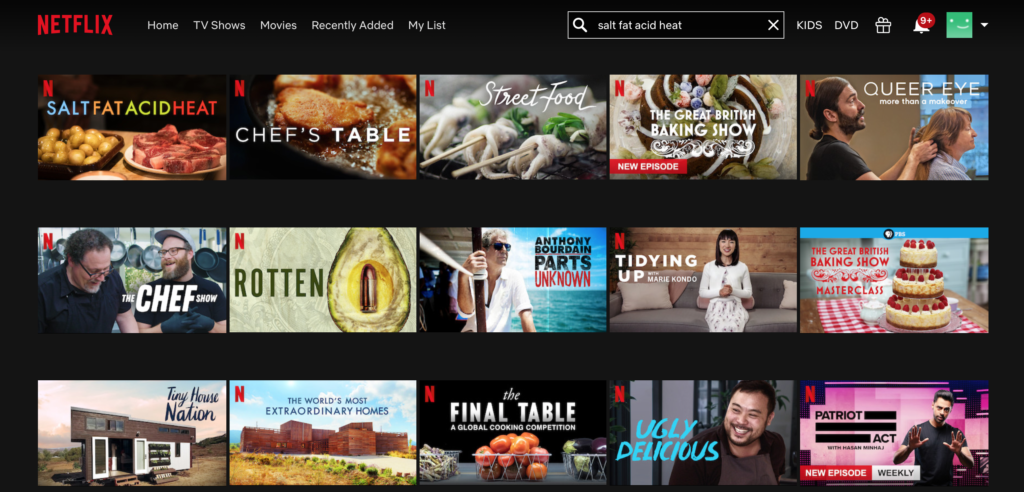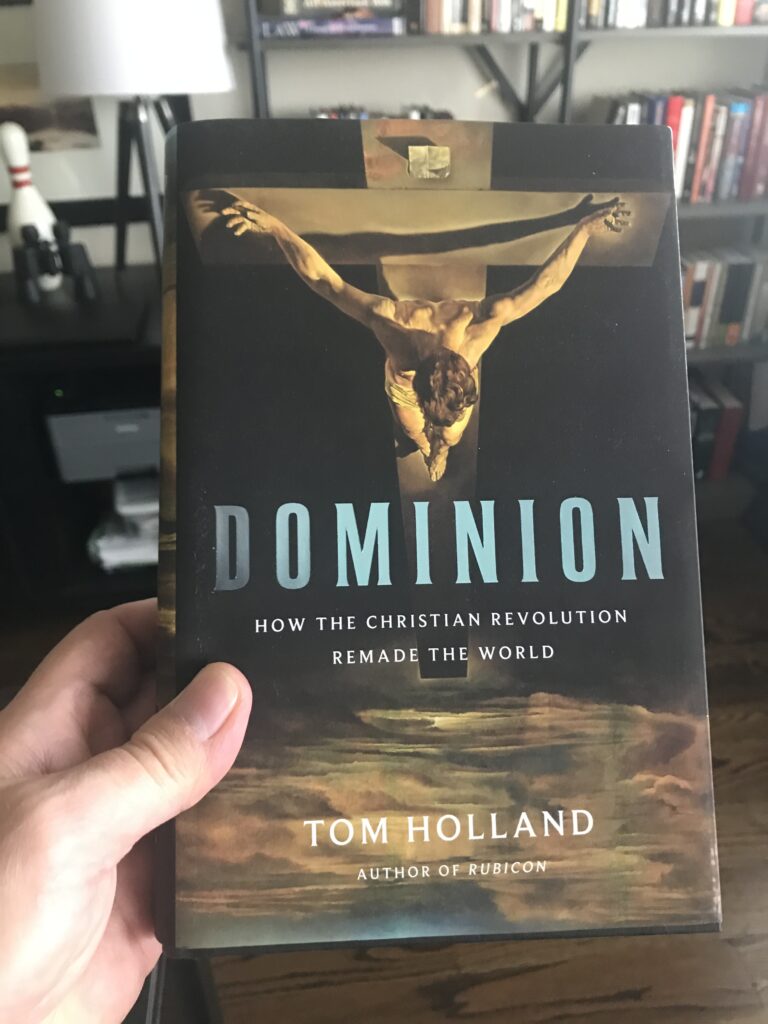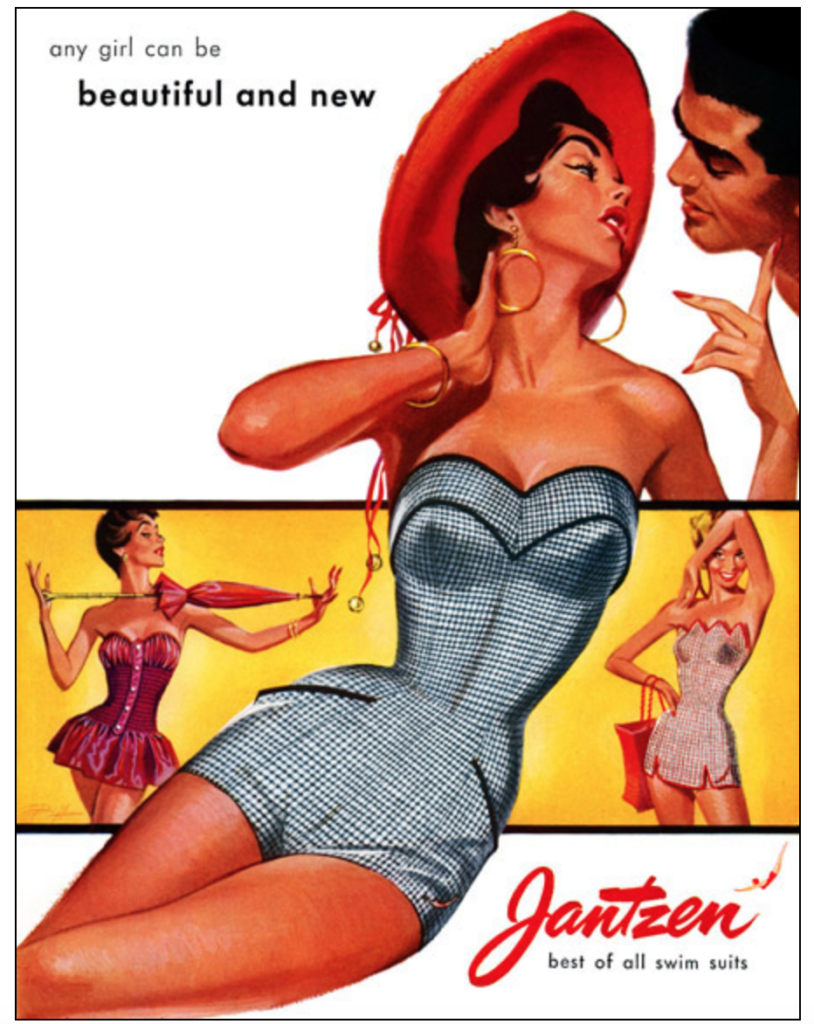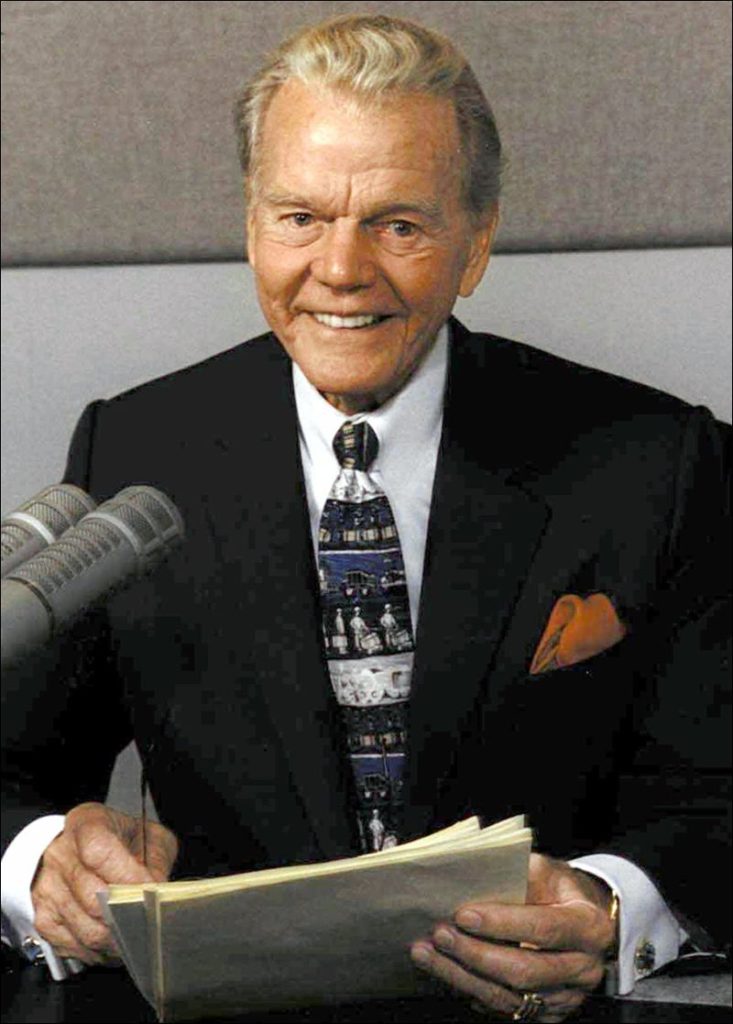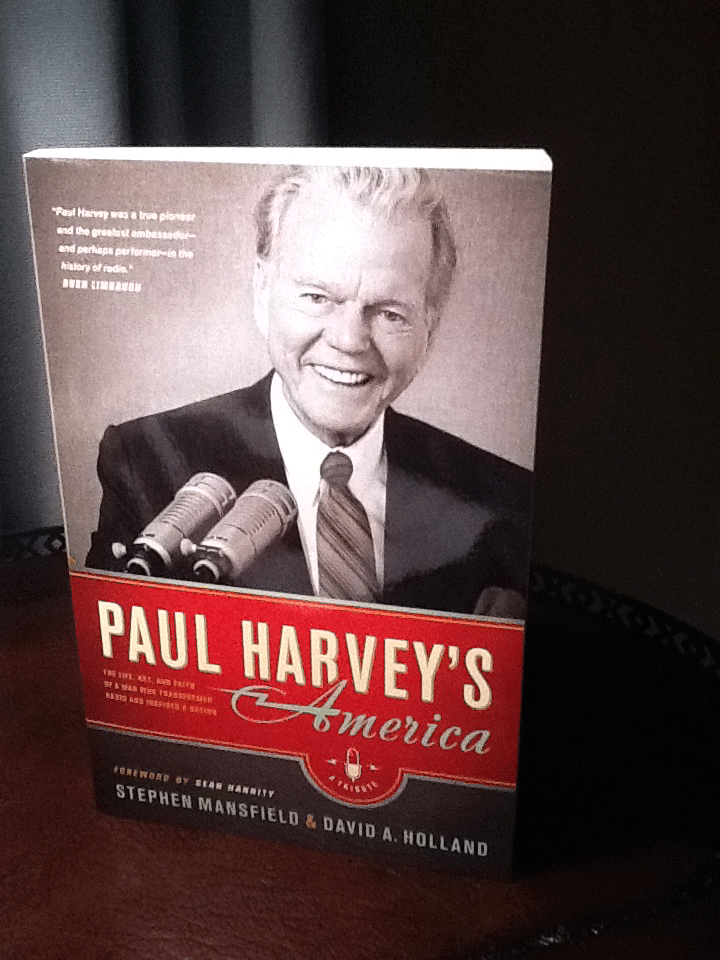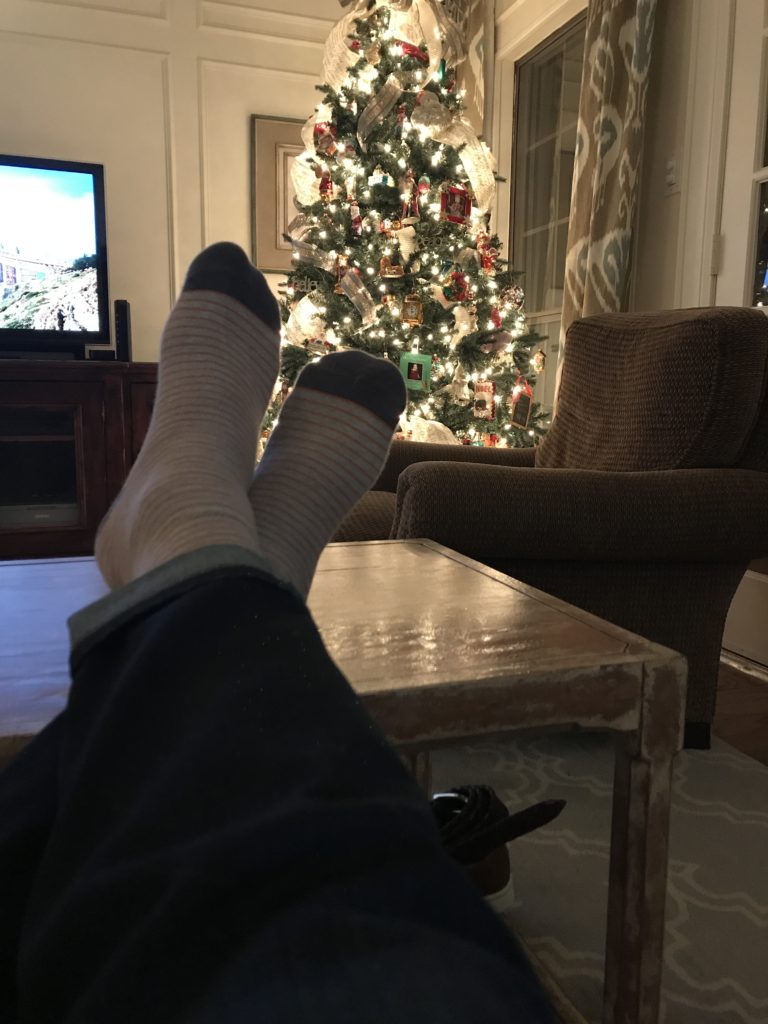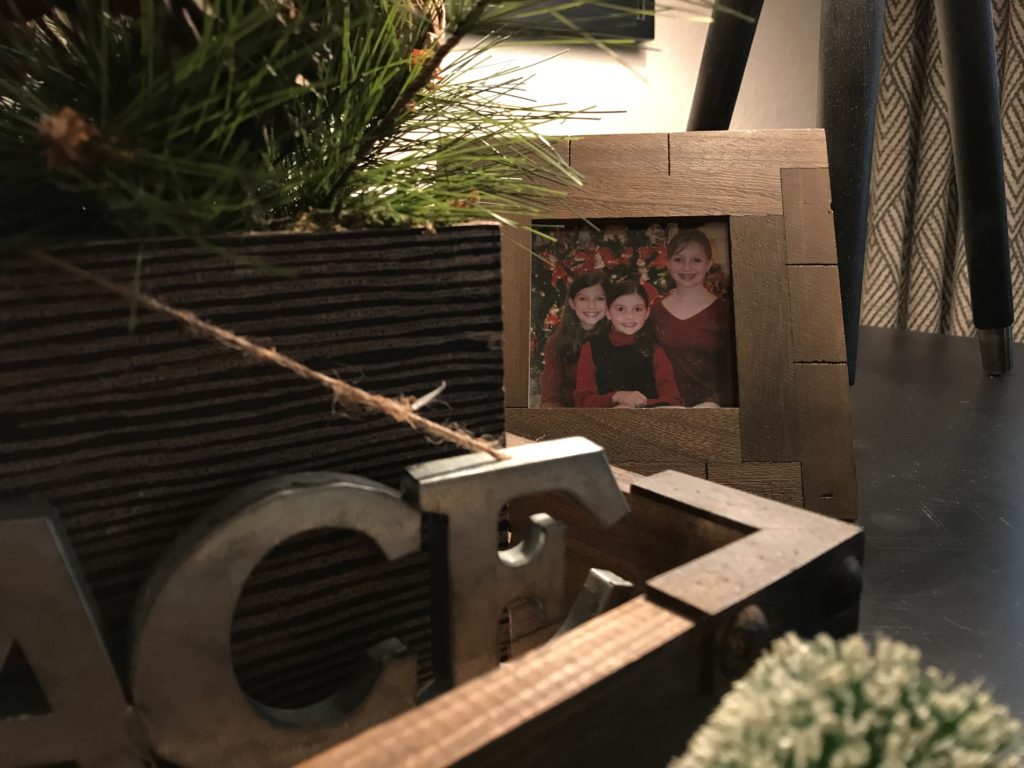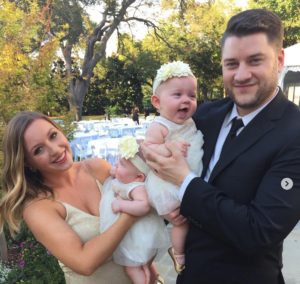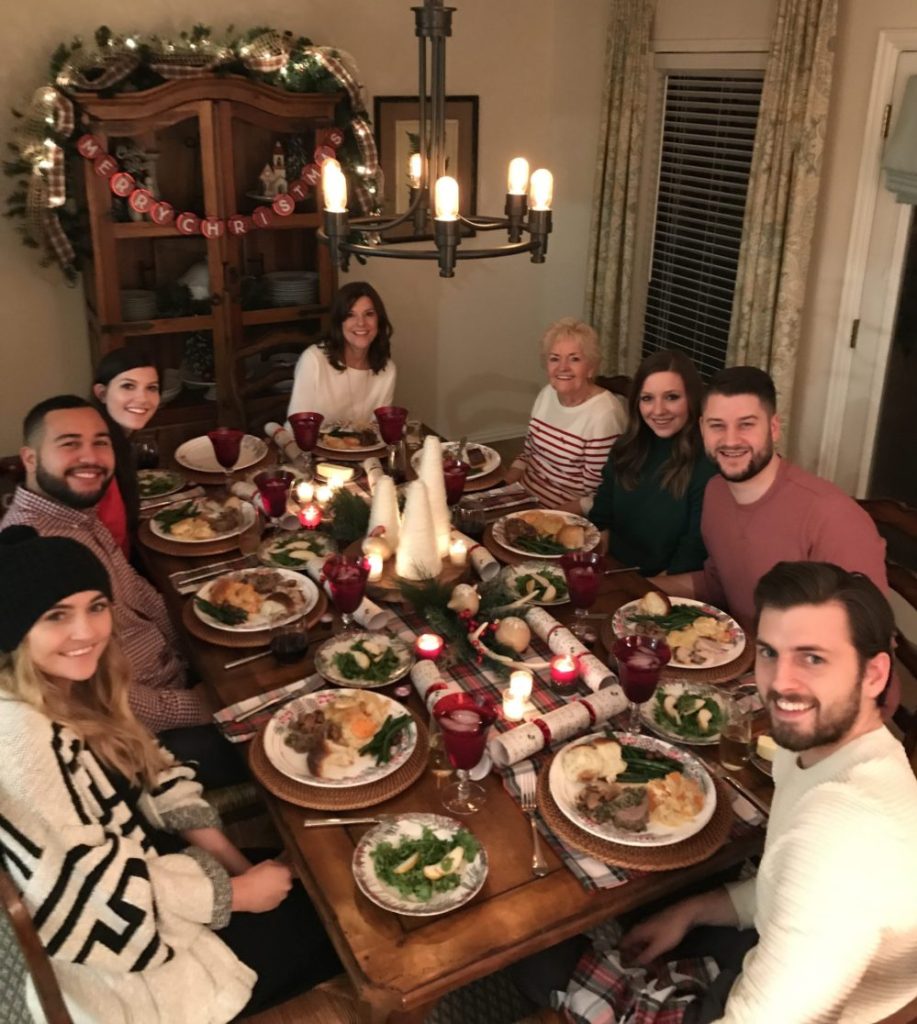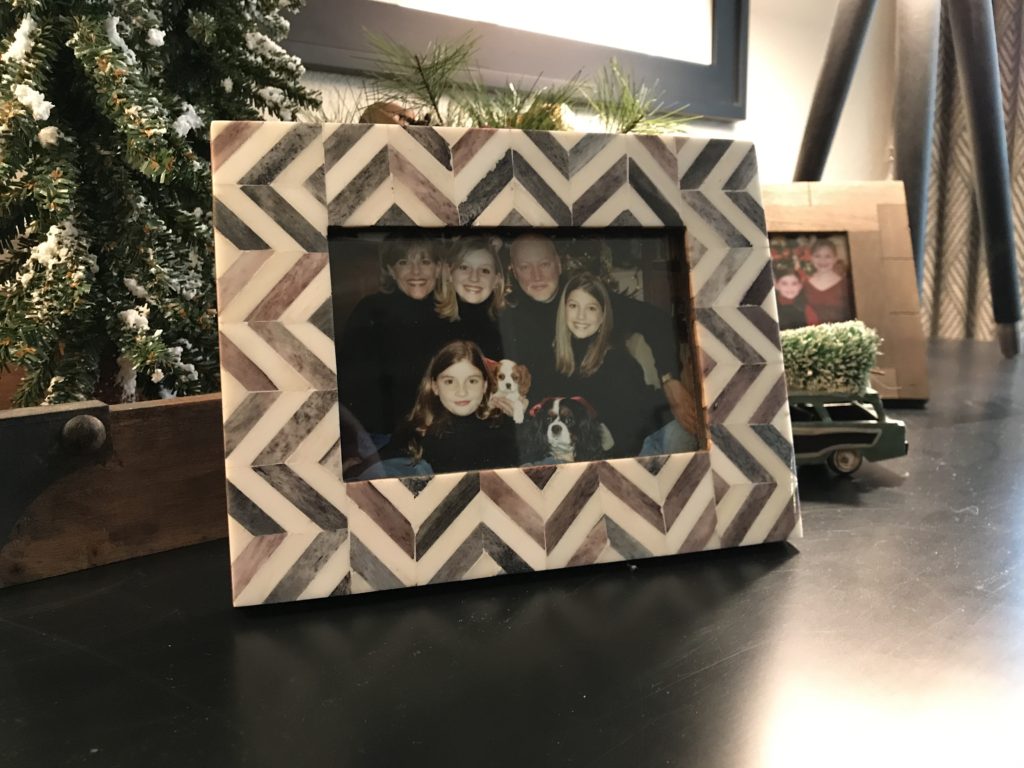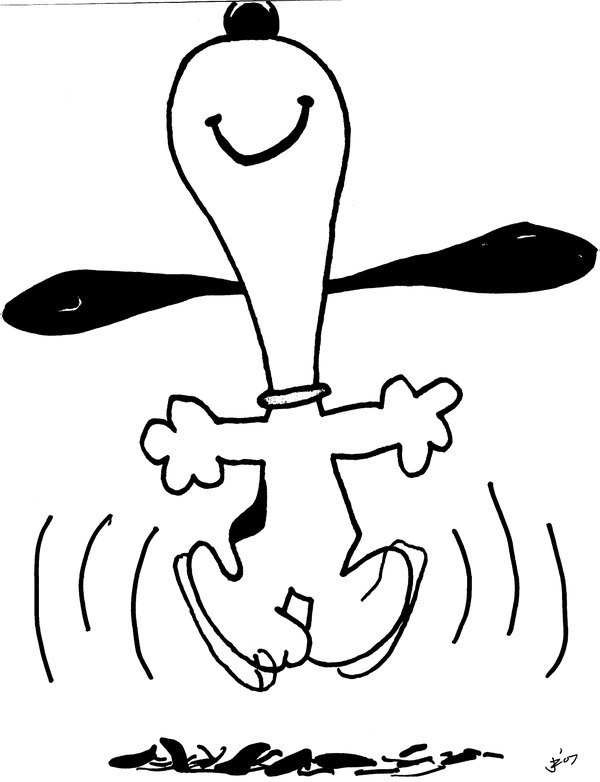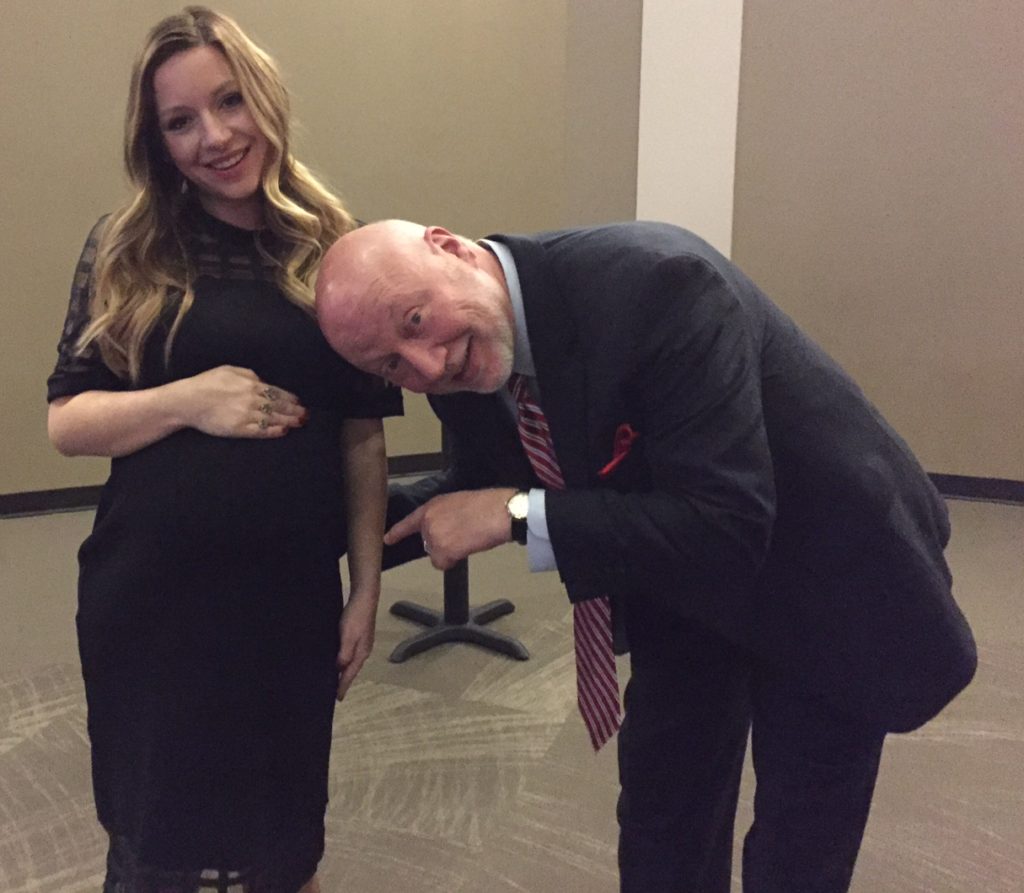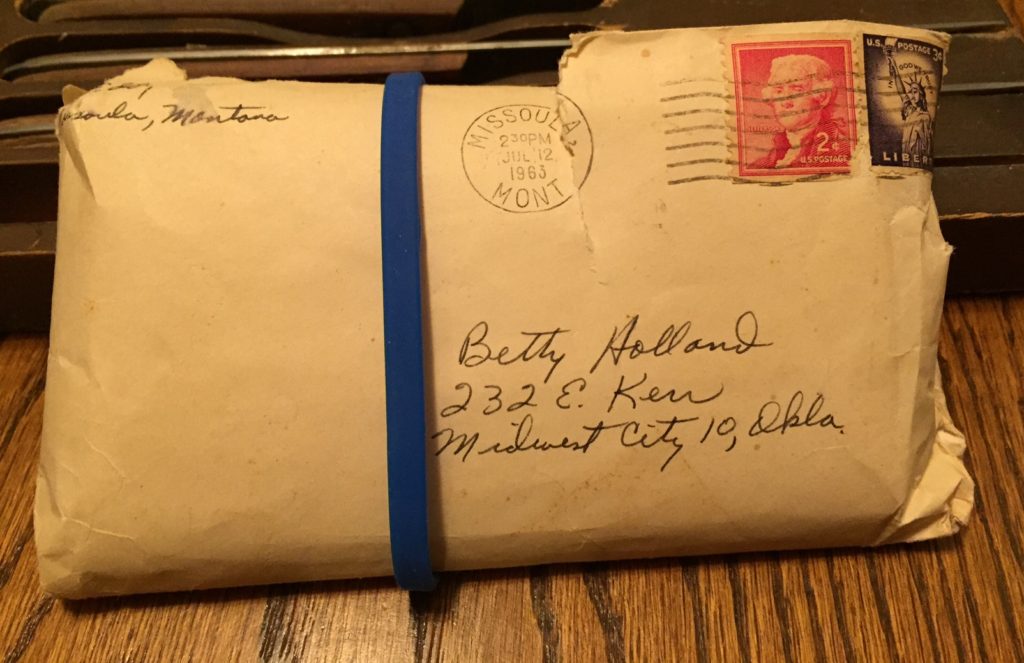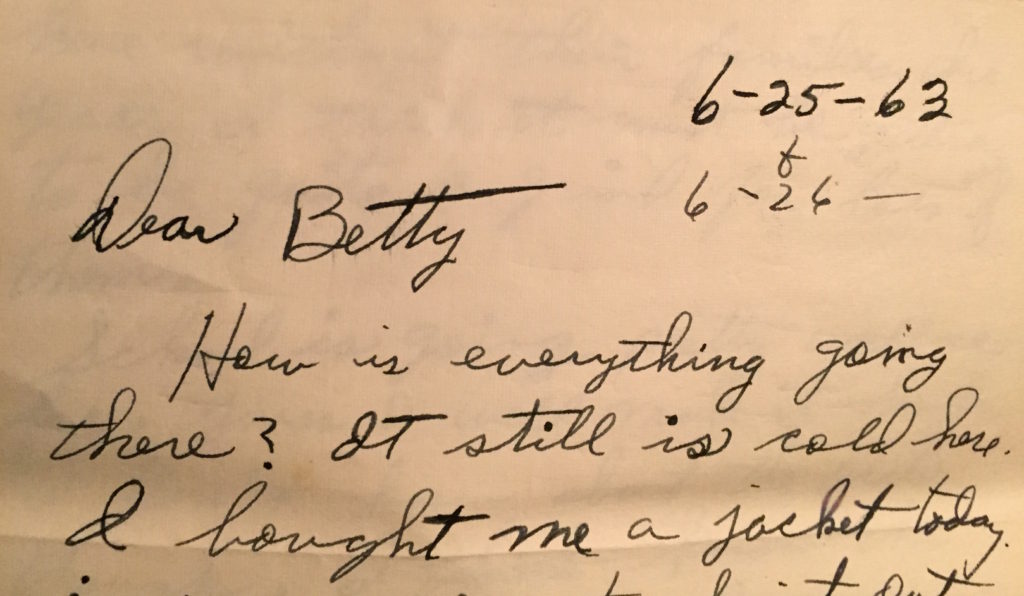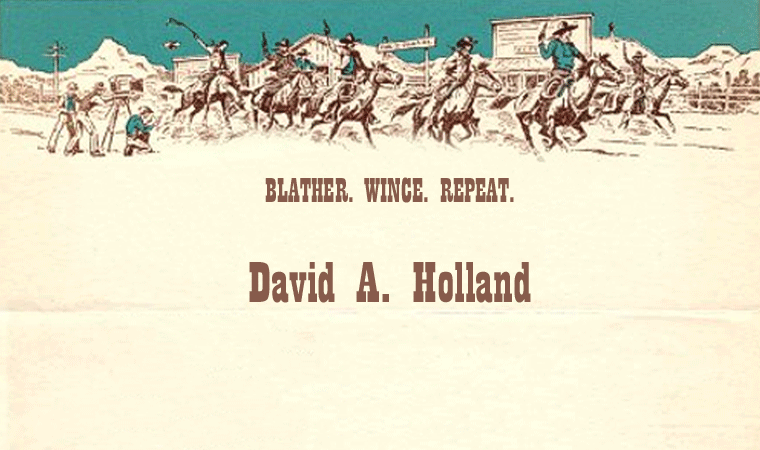{Note: I wrote the following post four years ago at the height of Ferguson-related protests and riots. Feels timely to me. But you be the judge.}
It was dark, but I could still discern in the headlights’ glare that a shotgun was pointed directly at my chest.
“Son, that’s a good way to get your head blown off,” said the voice behind the gun.
Perhaps I’d better back up and offer you some context here.
This was the mid-to-late seventies in rural Oklahoma. I was only 17 but this was not the first time a rural law enforcement officer had taken a look at my shaggy hair and fast car and decided I was a trouble maker. (That’s right, kids. I had long, thick brown hair.)
Only an hour earlier I had graduated from high school. At that moment, many of my classmates were headed out to keg parties to celebrate by getting blitzed.
Three other friends and I were headed over the mountain to a larger town to grab a nice dinner. You see we were the good kids. (eyeroll) We were walking the straight and narrow. Trying to stay out of trouble.
Halfway to our destination, as we passed through a tiny town notorious for being a speed trap, I noticed a pickup behind me with a flashing yellow light. I assumed it was some sort of road construction or utilities vehicle, so I eased over to the shoulder to let it pass. It didn’t pass, but rather stayed right behind me.
So, I pulled on over on a pitch black stretch of two-lane highway and stopped my vehicle.
The pickup stopped at a distance behind me, as a powerful door-mounted spotlight, commonly used in that part of the country for illegally hunting deer at night, illuminated the back end of my ultra-sweet 1972 Cutlass S. As I looked in my rearview mirror, all I could see was the blinding glare of that spotlight.
Deciding this might possibly be some sort of weird law enforcement traffic stop, I did what I had been taught to do in my Driver’s Ed classes. I remained in my vehicle, rolled the window down, shut off the engine, and waited. And waited.
Eventually I heard a person from behind my vehicle shouting for me to get out of the car. So I did so and started walking back toward that retina-burning light. That’s when I met Mr. 12 Gauge.
“Son, that’s a good way to get your head blown off.”
“Okay,” I agreed. I had no clue what he was referring to but I wasn’t feeling inclined to explore the matter.
He fired off a series of questions: Where are you coming from? Where are you going? Who is your daddy? (Seriously, he wanted to know who my dad was.) Then he looked at my drivers license for a minute, handed it back, and sent me on my way with no explanation.
It was a terrifying, traumatizing experience. But quickly the residual fear I felt morphed into anger. In fact, nearly 40 years have past since that night and thinking about it right now still cheeses me off.
So do my memories of another run in—roughly six months earlier—with a local Neanderthal deputy sheriff. He, having made about a half-dozen incorrect assumptions about me, pulled me out of my after-school job bagging groceries, hauled me down to the sherrif’s department, and tried to intimidate me with foul, abusive language and crazy accusations that made absolutely no sense to me.
I can vividly recall my feelings of powerlessness and anger when dealing with a person with a badge and a gun who (wrongly) thought he knew something about me based upon the way I looked.
For a long time I really wanted to hate that guy.
Perhaps this gives me a tiny headstart in understanding why so many of my black friends and acquantances are battling a storm of mixed emotions at this moment.
I can’t possibly know what it’s like to live in their shoes (or their skin), but I can empathize. And I do.
I wish more of my fellow white brothers and sisters could find their way to some of this empathy. We’re so quick to minimize the real wounds good, decent black citizens carry around; and minimize the fears and resentments they live with every day.
This isn’t helpful.
On the Other Hand
I pray every one of my black brothers and sisters in Christ battling feelings of resentment and bitterness today (I see your social media feeds) can find some empathy for what law enforcement officers face daily—and especially nightly.
Being a cop, particularly in a major city, means dealing with the worst aspects of our society for a lot of your work-life hours. The job involves seeing and mopping up after the very worst that fallen, broken humans are capable of.
Addicts, pimps, prostitutes, child abusers, wife beaters, pedophiles, muggers, rapists, con men, thieves . . . the violent, the self-destructive, the drunk, the stoned, the cruel, the amoral, the twisted, the psychotic, the psychopathic. Police work requires wading around in all of these all the time—all while surviving and maintaining an awareness that the next person you encounter may very well be a decent human being.
It also means receiving training about staying in command of situations and speaking authoritatively. It is, by necessity, drilled into the police officer that losing control of a situation can easily get them killed.
I wish every one of the Black Lives Matter protesters throwing rocks and rebar at St. Paul police last night would do a few overnight shift “ride alongs” with a police officer. I suspect it would be an eye-opener.
Perhaps they might find some space in their wounded, angry souls for a little empathy as well.
Social Media Bubbles and Echo Chambers
Empathy for others has always been a challenge for all of us—for some more than others. But the advent of social media has ampflied this problem many fold.
We have built our own newswires out of sources that confirm our biases and people who see things just as we do. It feels good to have your assumptions validated. It feels bad to have them challenged. We prefer to feel good.
So, if a source or person brings us information that we don’t like—that doesn’t comport without preferred way of viewing things—we can mute or unfollow with the click of a mouse.
Thus the custom-made information bubbles we live in get purer and purer.
And we get surer and surer that the world is exactly as we believe it to be.

